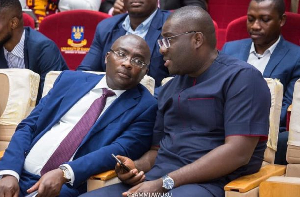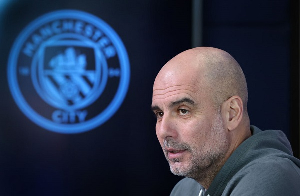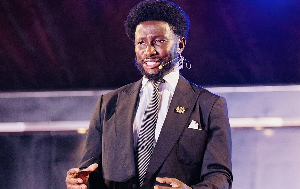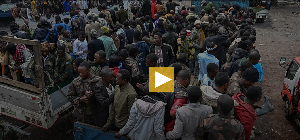When Judith Miller refused to name her source of information in a court of competent jurisdiction in a matter in which she revealed the identity of Valerie Plame, a covert CIA agent, U.S. District court judge, Thomas Hogan, ordered her imprisonment until she agrees to testify in an investigation into the illegal revealing of the identity of the a CIA operative. The judge declared “the rights of journalists to gather news and protect confidential sources must occasionally yield to the power of prosecutors to demand testimony and investigate suspected crimes.”
The point of the preamble is that, there is a precedent setting case elsewhere in common law, but we in Ghana think that the so-called freedom of the press means that journalist can write whatever they like and get away with it, even if their publications are irresponsible. Obviously, freedom of the press is a vital ingredient in a democratic dispensation, no doubts. But that is to say that no strictures to hinder what journalist publish, but there is a consequence for the publication of falsehood.
The issue of death threat to members of an institution opposed to a government program is as equally worrying as the publication itself. If the police are, therefore, interested in getting to the bottom of the threat in order to investigate where it was coming from, I do not think that tantamount to infringement on press freedom. I would expect Ato Kwamena Dazdie to cooperate with the law enforcement agencies in providing vital information to unravel where the threats were coming from.
If he fails in doing so, it is obvious that he is ready to face the courts if the police, in their estimation, thinks he has a case to answer and so preferred one against him. While Ato might choose not to mention his source of information regardless of the consequences, there is no law that protects journalist from refusing to reveal their source of information when faced with a court action. Ato must, therefore, choose between violating a promise to a news source or lose the case in court. Some practices are ethical but not necessarily lawful.
The National Media Commission (NMA) and the moribund Ghana Journalist Association (GJA) should allow the police and the courts to do their job. This is how the law will develop and set precedents for a system that is begging for the restoration of sanity in the practice of journalism in this country.
I have observed the NMC and the GJA in the last two decades and honestly think they are losing their relevance in the scheme of things with regard to the practice of journalism. We all are witnesses to the issue of stories being planted by criminals who call themselves journalists; I am referring to the so-called “Coffee Shop Mafia.” What was the position of the NMC and the GJA in “the Kwesi Pratt black bag case”? Are we serious as a nation to allow the media to take the whole nation on a “wild goose chase” all the time?
Let the law takes its cause and lets give room to the law enforcement agencies and the judiciary to dispense justice and to strengthen the law. I rest my case.
Ben Otoo.
Opinions of Friday, 23 July 2010
Columnist: Otoo, Ben














